Search

News & Events
Vertex grant to support research into treatment strategies for cystic fibrosis lung diseaseDr Daniel Laucirica, a research officer with the Wal-yan Respiratory Research Centre, will undertake new research into potential treatment strategies to prevent lung damage in people with cystic fibrosis (CF), under the mentorship of Associate Professor Anthony Kicic - made possible by a Vertex Cyst
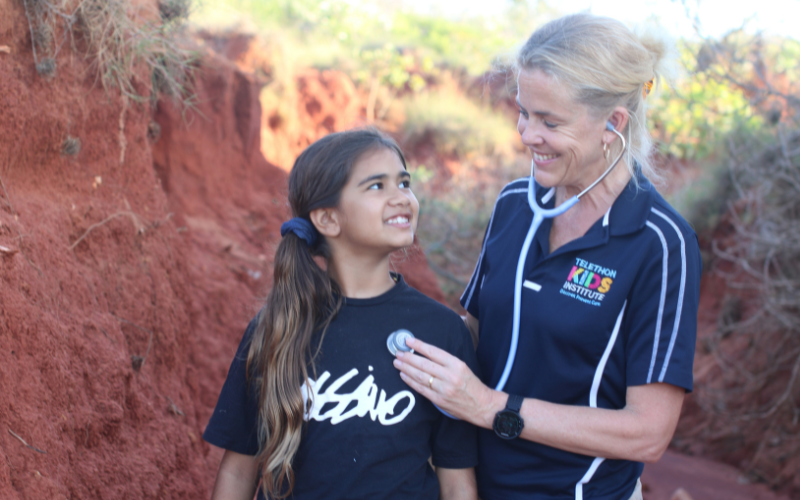
News & Events
New trial aims to nip chronic lung disease in the bud for First Nations kidsWA researchers will use a $1.97 million Medical Research Future Fund grant to develop a strategy for better follow-up of First Nations children after they’ve been hospitalised for respiratory infections, in a bid to halt the slide into more severe lung disease.
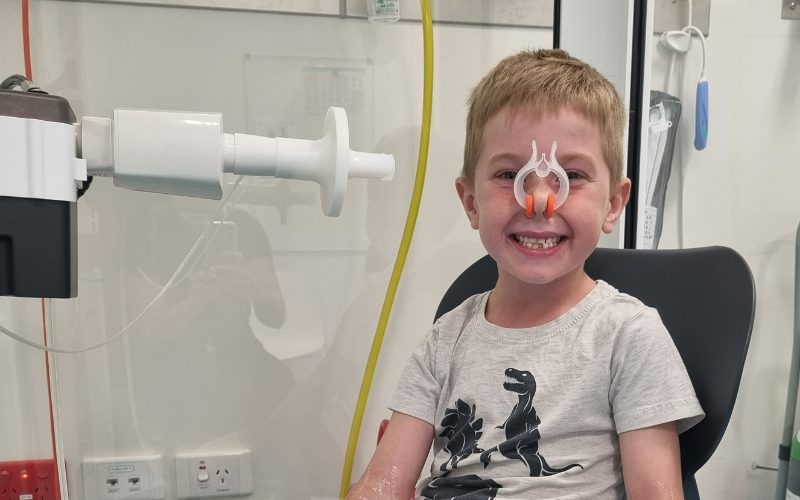
News & Events
New study to determine if it’s safe for children born preterm to attend day careA new study to determine if it’s safe for children who were born preterm to attend day care officially commenced this month.
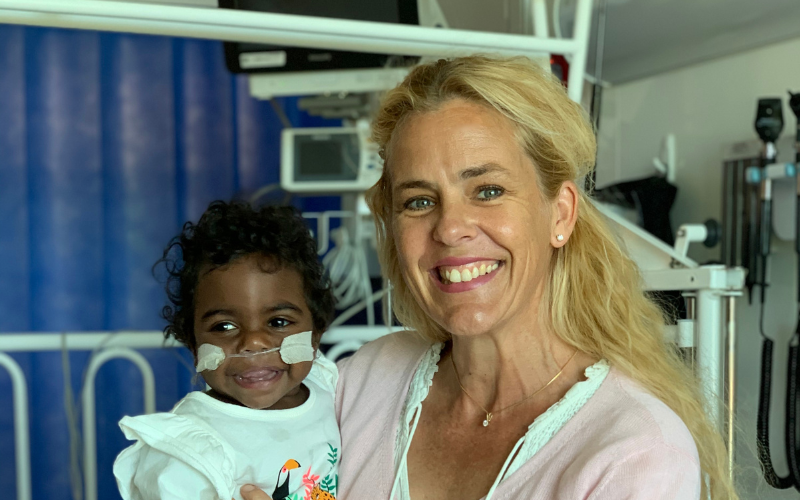
News & Events
Lung health of Aboriginal children hospitalised with chest infections improved following co-designed interventionA co-designed and culturally secure intervention to improve medical follow-up for Aboriginal children hospitalised with acute chest infections resulted in higher follow-up rates and improved longer-term lung health outcomes for children.
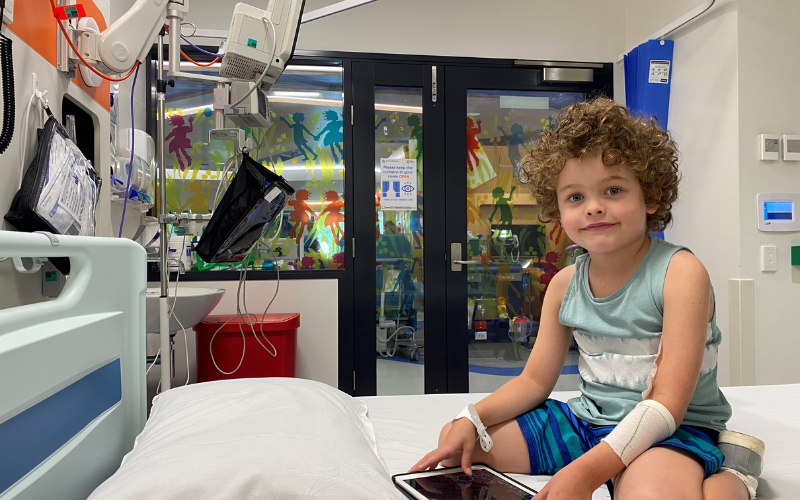
News & Events
New treatment option for West Australians with cystic fibrosis one step closer thanks to generosity of Conquer Cystic FibrosisAccess to phage therapy, a treatment option for antibiotic resistant superbugs, is now one step closer for people with CF in WA thanks to a $500,000 donation from Conquer Cystic Fibrosis to the Wal-yan Respiratory Research Centre.
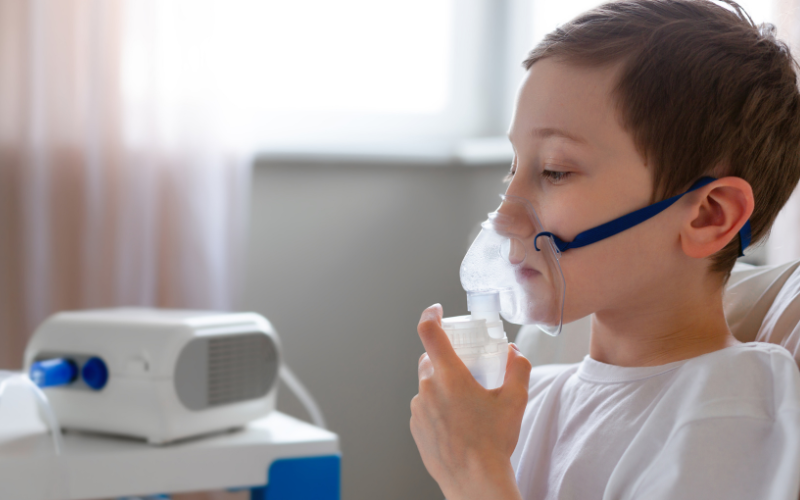
News & Events
Study unlocks new knowledge about the role of immune cells in asthma flare-upsFlare-ups of asthma are usually brought on by respiratory infections, such as the common cold, and are one of the most common reasons for a child to miss school or require emergency care.
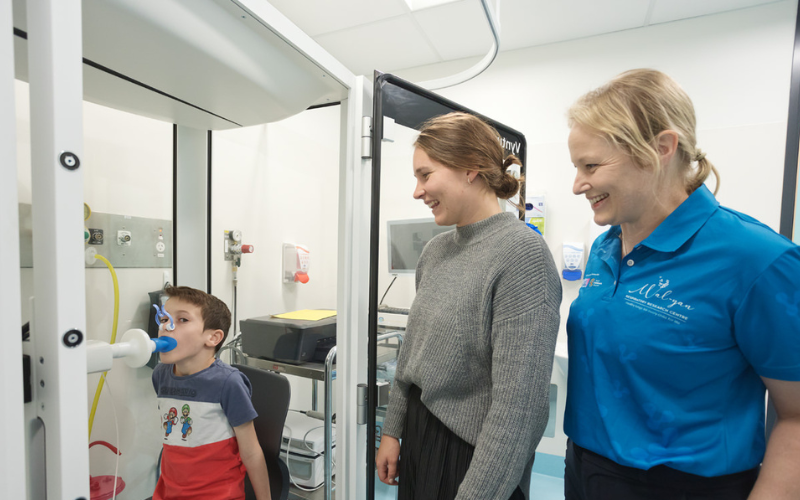
News & Events
Common asthma drug gives hope for better lung health for some preterm babiesA new study has found a common asthma drug is effective for some very premature babies who go on to suffer from lung complications.

News & Events
Research to explore promising new RSV treatment supported by innovation seed fundingResearchers from the Wal-yan Respiratory Research Centre are collaborating with Virex Pharma to undertake vital research into a potential breakthrough treatment for RSV infections in young children, thanks to a $499,241 grant awarded by the WA Department of Health Innovation Seed Fund.

News & Events
Wal-yan respiratory researchers head to Milan to participate in international congressThe Wal-yan Respiratory Research Centre is proud to have a team of researchers taking part in, and contributing to, the outstanding scientific programme of the European Respiratory Society International Congress, taking place in Milan.

News & Events
Fellowship to support research into ways to improve the lung health of people born pretermWal-yan Respiratory Research Centre researcher Ms Denby Evans has been awarded one of four inaugural fellowships supported by the State's Future Health Research and Innovation (FHRI) Fund and Brightspark Foundation, enabling her to further her research into ways to improve the lung health of people
